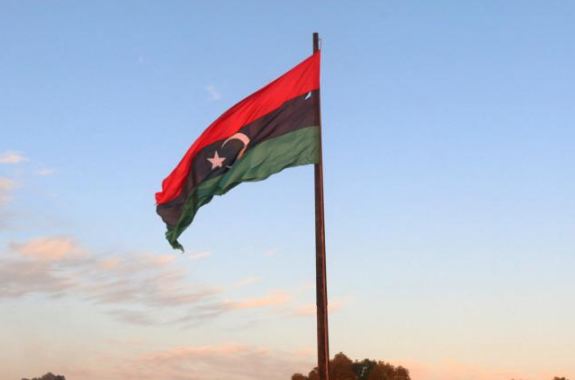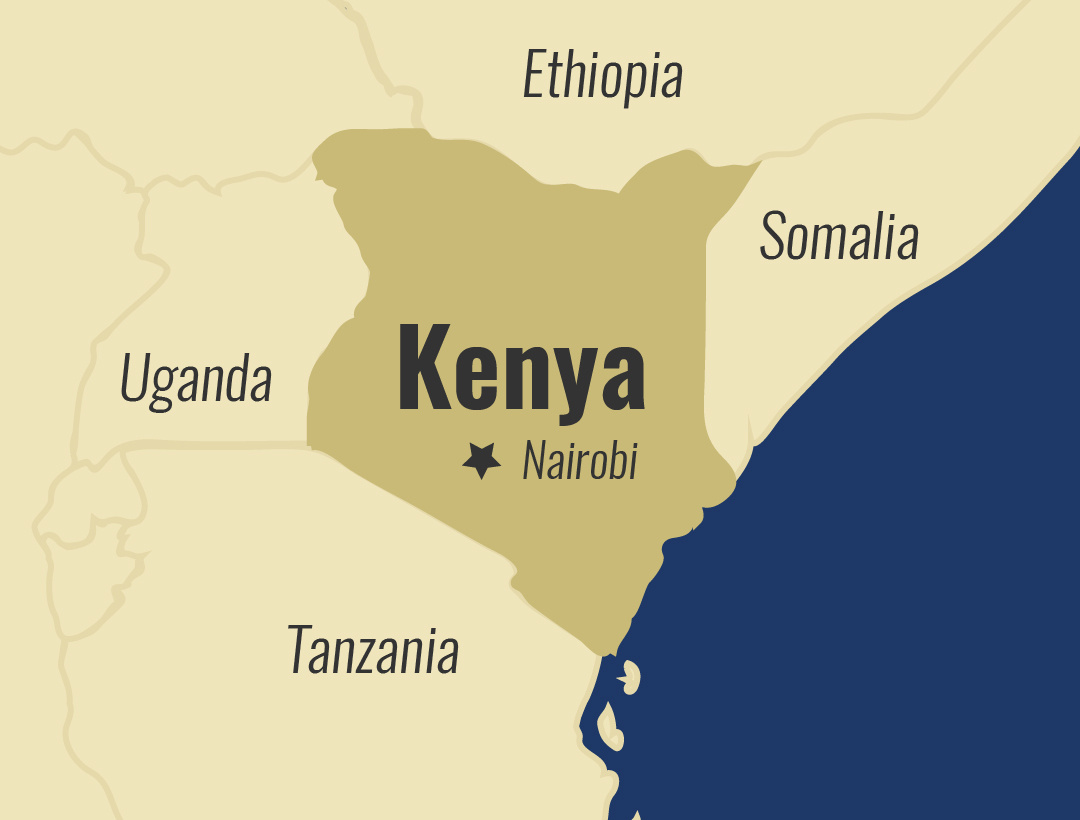
UN concerned about Libya’s readiness to hold elections this year

The U.N. Security Council urged rival leaders in Libya on Wednesday to engage in talks and put an end to the political crisis in the oil-rich country.
Council members condemned the continuing violence in Libya and said there can be no military solution in the North African nation. They urged rival leaders to agree on elections, expected this year, and a political transition.
The council statement followed a briefing by U.N. envoy for Libya Ghassan Salame who stressed that “the political process must progress, as the status quo is untenable.”
Salame said that while there is “reason for optimism” in the political process, there is also cause for concern. He pointed to continued violence and localized conflicts in the country, as well as the presence of extremists including the Islamic State group and al-Qaida.
“Armed groups, including those integrated into the state structures, continue to operate outside of the law, perpetrating human rights abuses,” he said. “Bodies bearing signs of torture have turned up in many locations.”
Salame said kidnappings of children and adults for profit have also increased, even in the capital Tripoli, and “shadowy security forces” arbitrarily arrest Libyans who are “held and abused in unofficial, or quasi-official detention prisons.”
Libya plunged into chaos following a 2011 uprising that toppled and later killed longtime dictator Moammar Gadhafi.
Since 2014, the country has been split between rival governments and parliaments based in the western and eastern regions, each backed by different militias and tribes.
The Security Council “underlined the importance of unifying Libya’s armed forces under civilian oversight.”
A U.N.-brokered deal in December 2015 to create a unity government failed, though talks had taken place to form an administration to lead the country ahead of elections.
Salame proposed amendments to the 2015 peace agreement, which both sides agree is the only way to end the stalemate.
He told the council that on Thursday he will start “a new and final attempt to realize the amendments.”
Salame briefed the council from Tripoli, where he now lives, and said the U.N. hopes to reopen its office in Benghazi, the eastern city which is the base for the government’s rival self-styled Libyan National Army led by Field Marshal Khalifa Hifter. Eventually, he said, the U.N. will also seek to open an office in southern Libya.
Salame said that at the heart of Libya’s problems is “an economic system of predation” which serves the interests of the powerful and degrades life for ordinary people.
Oil revenues are high now, but he warned that the money is “vulnerable to under-investment or sabotage,” government expenditures are bloated and increasing, and greater spending isn’t benefiting most Libyans.
Salame said the “great demographic fluidity” that Libya was once known for has been constrained, “if not strangled,” since 2011 and “ideological or identity cleavages have led to widespread ostracism.”
“A discourse of hatred has replaced peaceful interaction,” Salame lamented, telling the council the U.N. is committed “to reversing the mutual exclusion and sterile seclusion.”
“Unless Libyans from all stripes and segments can come together to speak, they will be unable to agree,” he warned. “And unless they agree, the political process cannot progress.”




